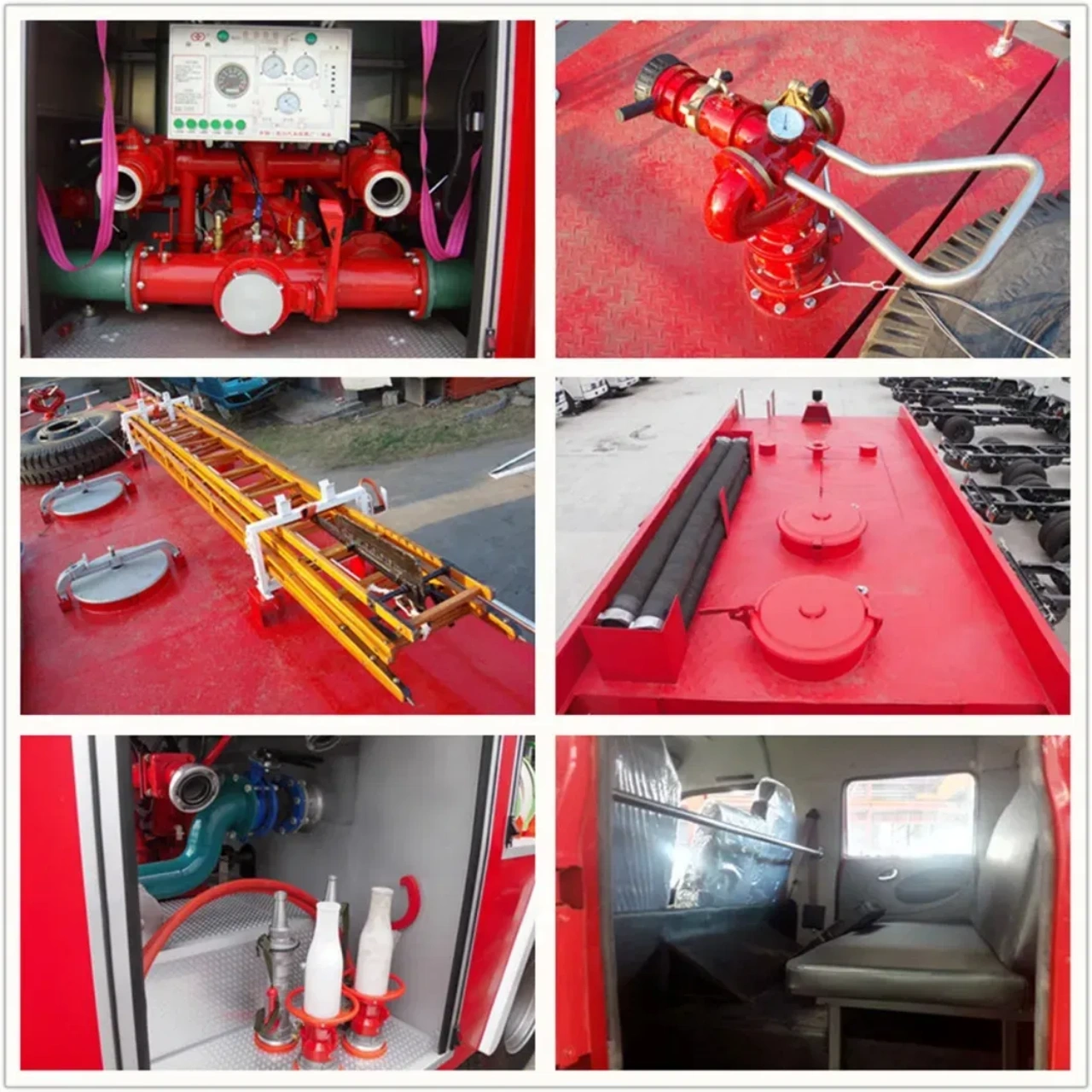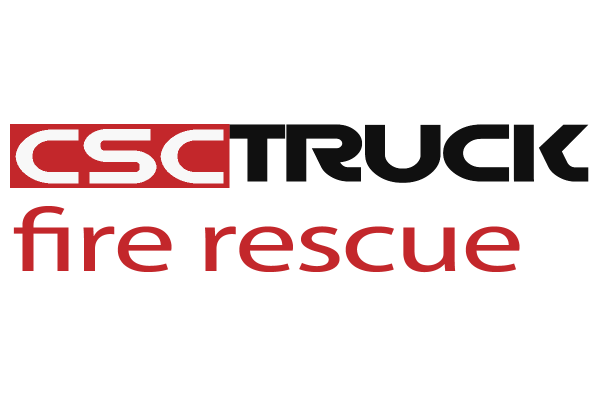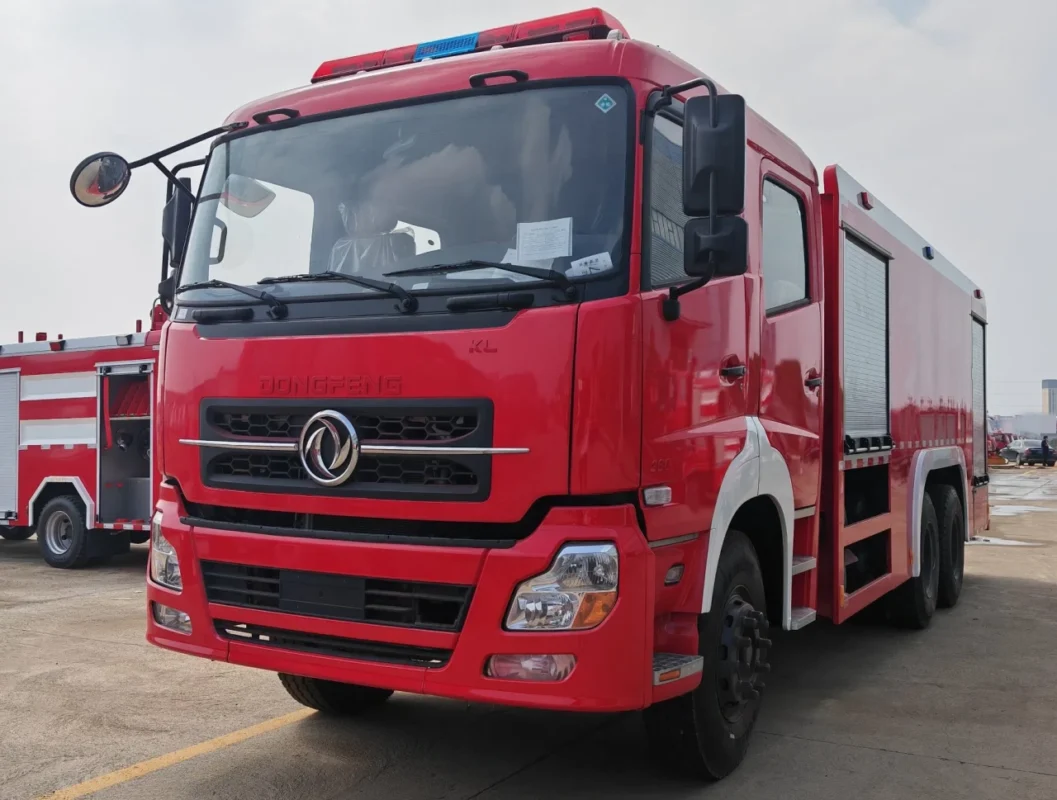The term “pumper” is widely used across multiple industries, including firefighting, oil and gas, construction, and wastewater management. It generally refers to a specialized vehicle, machine, or equipment designed to transport and dispense fluids such as water, oil, or chemicals. The specific function and design of a pumper depend on the industry in which it is used. This article explores the different meanings and applications of the term “pumper” across various sectors.
Pumper in Firefighting
One of the most common references to a “pumper” is in the firefighting industry, where it refers to a fire engine equipped with a water pump. Fire pumpers, also known as fire engines or pumper trucks, are crucial in firefighting operations as they supply water to extinguish fires.
Components of a Fire Pumper
A firefighting pumper typically consists of:
- Water Pump: The core component that pressurizes and distributes water.
- Water Tank: Stores water, usually ranging from 500 to 1,500 gallons.
- Hoses and Nozzles: Used to direct water or foam onto fires.
- Control Panel: Operated by firefighters to regulate water pressure and flow.
- Ladders and Equipment Compartments: Store necessary tools like axes, saws, and breathing apparatus.
Functionality of a Fire Pumper
Fire pumpers draw water from various sources, such as hydrants, lakes, and reservoirs, using high-pressure pumps. Some advanced models feature foam systems for combating chemical and oil fires. Their primary function is to ensure a continuous and sufficient water supply during firefighting operations.
Pumper in the Oil and Gas Industry
In the oil and gas sector, a pumper refers to a worker or an oilfield unit responsible for managing oil and gas production. Pumpers ensure that wells operate efficiently and transport extracted fluids to storage facilities.
Duties of an Oilfield Pumper
Oilfield pumpers are responsible for:
- Monitoring Oil and Gas Wells: Ensuring proper extraction and flow rates.
- Maintaining Equipment: Regular inspections of pumps, pipes, and valves.
- Recording Data: Logging production figures and reporting anomalies.
- Transporting Fluids: Managing pipelines and trucking operations for oil transport.
Types of Oilfield Pumpers
- Rod Pump Units: Used for lifting oil from underground reservoirs.
- Centrifugal Pumps: Used for transferring large volumes of fluid.
- Hydraulic Pump Jacks: Common in artificial lift systems.
Oilfield pumpers play a crucial role in optimizing production and preventing mechanical failures.
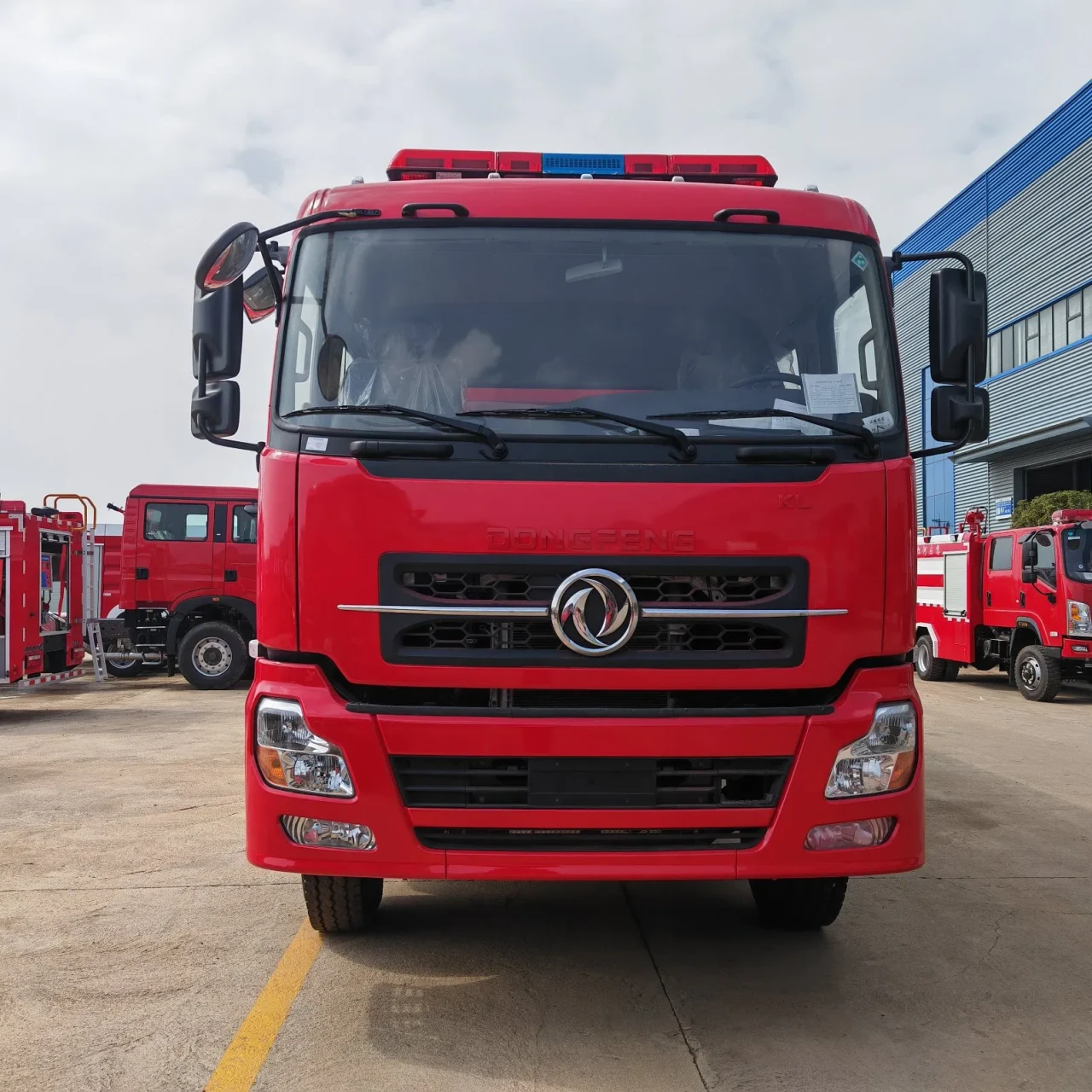
Pumper in Construction
In the construction industry, a pumper typically refers to a concrete pump truck used to transfer liquid concrete to hard-to-reach locations. These trucks are essential for large-scale construction projects.
Types of Concrete Pumpers
- Boom Pumps: Feature long, articulated booms for precision pouring.
- Line Pumps: Utilize hoses and pipes for smaller applications.
- Trailer-Mounted Pumps: Mobile units ideal for remote sites.
Advantages of Using a Concrete Pumper
- Increased Efficiency: Faster than manual methods.
- Improved Accuracy: Reduces material wastage.
- Enhanced Safety: Minimizes labor-intensive operations.
Concrete pumpers are essential for skyscrapers, bridges, and large infrastructure projects where direct concrete pouring is impractical.
Pumper in Wastewater and Sewer Management
A pumper truck in wastewater management refers to a vacuum truck used for sewage and sludge removal. These trucks maintain sanitation and prevent environmental contamination.
Components of a Sewer Pumper
- Vacuum Pump: Creates suction to extract waste.
- Storage Tank: Holds collected sewage and sludge.
- Hoses and Nozzles: Facilitate fluid transfer.
- Discharge System: Disposes of waste at treatment plants.
Applications of Sewer Pumper Trucks
- Septic Tank Cleaning: Removes accumulated sludge.
- Storm Drain Maintenance: Prevents blockages in drainage systems.
- Industrial Waste Removal: Handles hazardous liquid waste.
These trucks are indispensable for maintaining public health and environmental safety.
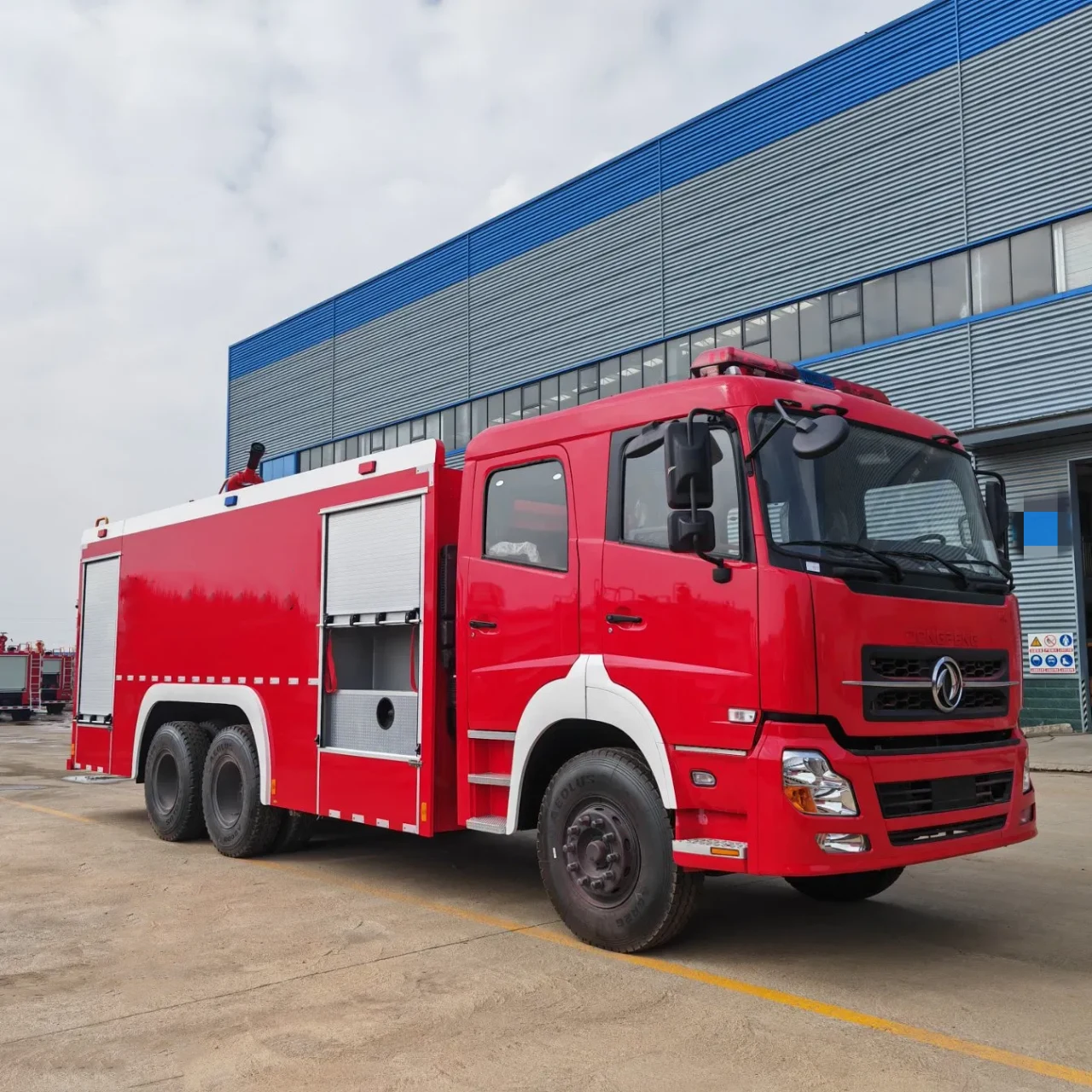
Conclusion
The term “pumper” holds different meanings depending on the industry. In firefighting, it refers to a water pump-equipped fire engine; in oil and gas, it describes workers and equipment managing fluid extraction. In construction, a pumper is a concrete pump truck, while in wastewater management, it is a vacuum truck for sewage disposal. Regardless of the industry, pumpers play a critical role in fluid transportation and distribution, ensuring efficiency and safety in their respective applications.
